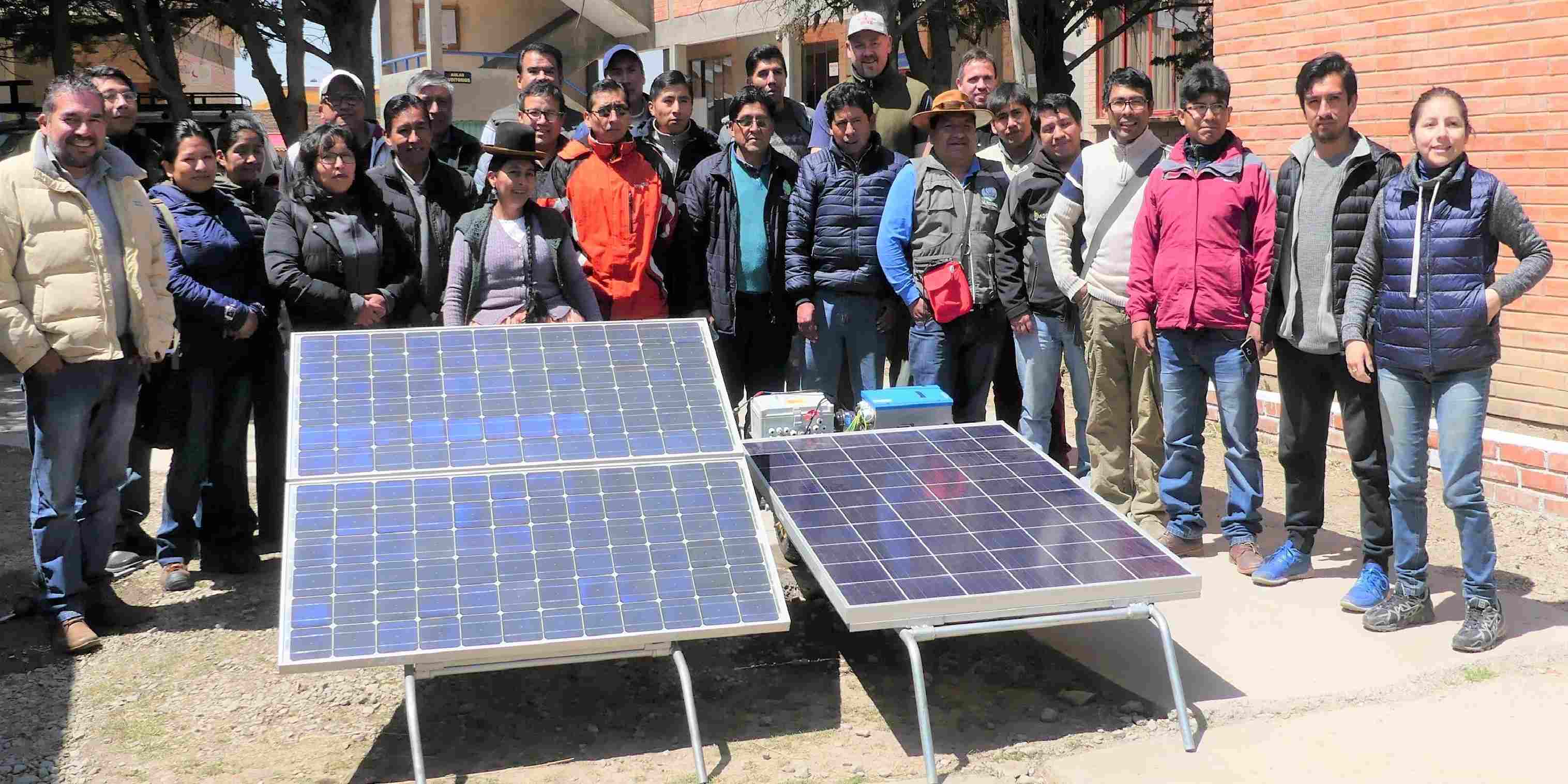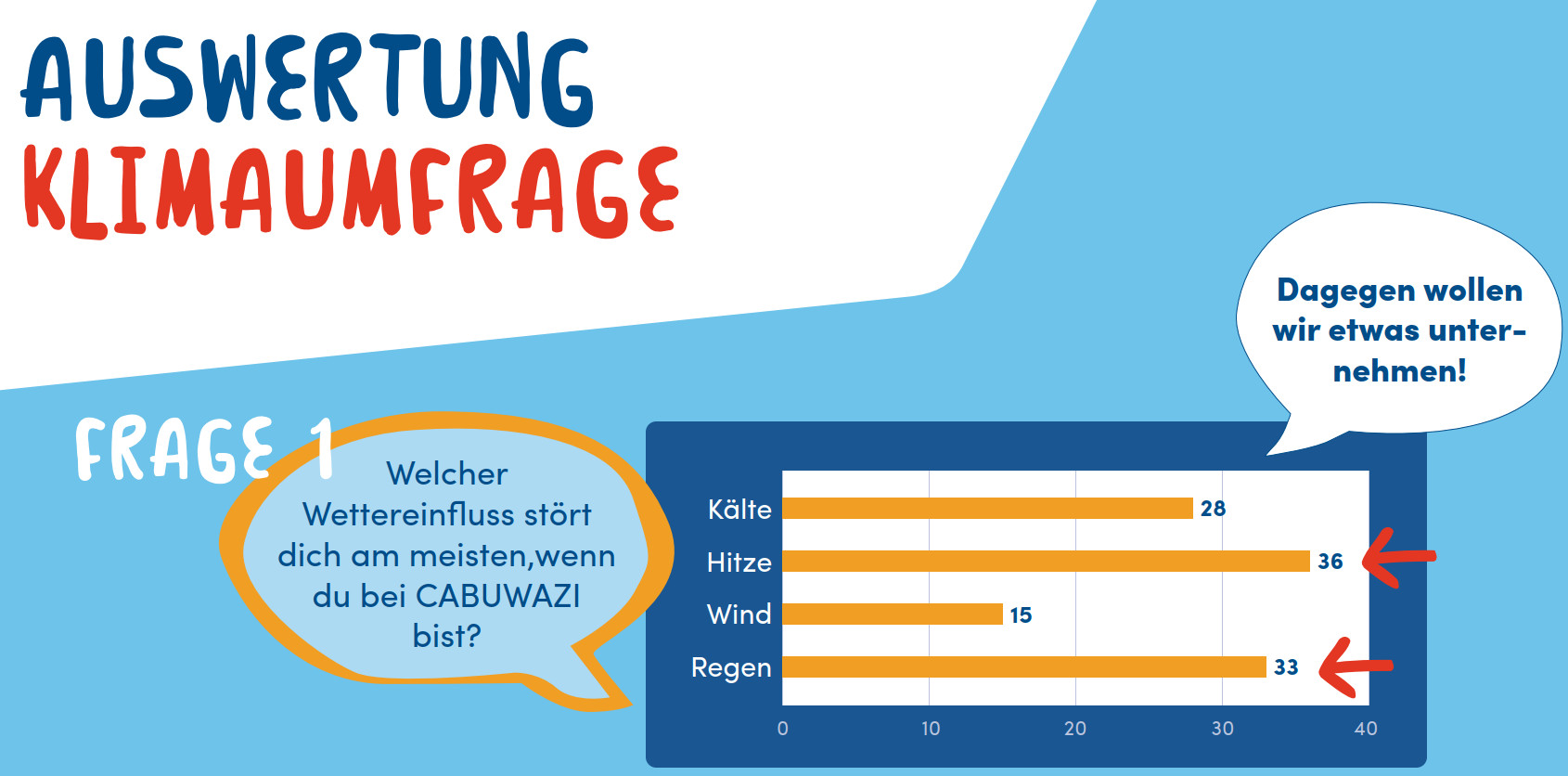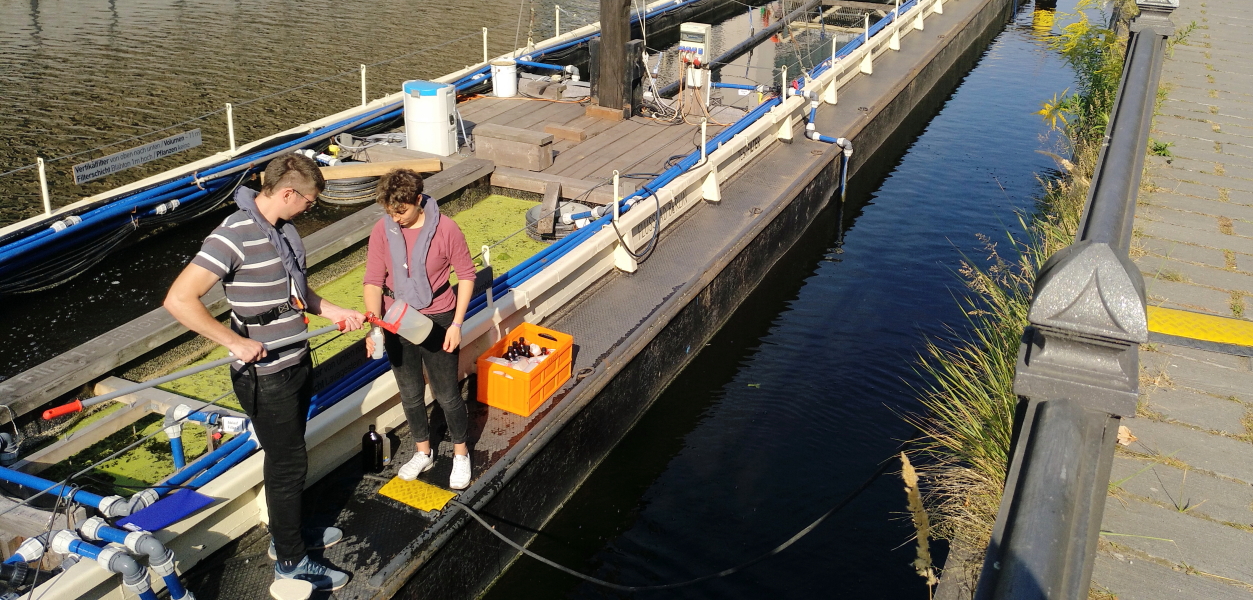

BLUE PLANET Berlin Water Dialogues meets AquaNES
Modification of industrial waste water treatment plant ensures phosphate discharge value
Successful workshop on solar irrigation in Bolivia
As part of the GIZ project “NEXUS – Water, Energy, Food Security”, a total of 36 participants were trained in a workshop on solar irrigation lasting several days in September 2018. The workshop took place in the Universidad Católica Boliviana (La Paz) and was attended by local and international experts, researchers and students as well as members of Bolivian institutions and authorities (e.g. Ministry of Environment and Water). The participants shall serve as multipliers by integrating the gained knowledge into their daily work.
The contents of the workshop included the topics renewable energies, description of typical photovoltaic applications with focus on agriculture, description and characterization of solar water pumps, irrigation needs and techniques, water needs, planning and design of solar irrigation systems, economic evaluation and financing of solar irrigation systems, description and practical application of the tool box “Solar powered irrigation systems” as well as practical applications and design of solar pump and irrigation systems.
The workshop can be classified as a success. More than half of the participants stated in an evaluation that they could apply the acquired knowledge in their field of work and all participants stated to be satisfied or very satisfied with the results of the workshop. As a result of the discussion between members of various stake holders the potential for solar irrigation in Bolivia could be classified as very high.
The workshop is one of several training cycles within the GIZ project “NEXUS – Water, Energy, Food Security”. This project, which runs from August 2017 to October 2019, includes workshops of this kind as well as the development of management models and financing concepts for two selected pilot projects with Nexus character and Integrated Water Resources Management (IWRM).
AKUT has been commissioned to provide advice for a multi-purpose dam project (Misicuni). A water distribution plan is to be elaborated in order to balance out the water use between agricultural use (irrigation), drinking water supply and secure energy production.
The adaptation to climate change (e.g. reduction of the available quantity of water, increased need for irrigation) shall be achieved through the development of proposals for the management of the limited resource of water with the various user groups.
A GIS-based open-source information system is to be set up in order to present and design the water supply and distribution in a transparent manner.
Another important objective of the project is poverty reduction. Solar irrigation should contribute to this by reducing water and energy consumption. In addition, poverty is to be reduced by reforestation and the introduction of agroforestry systems to sustainably improve land use in the upper reaches of catchment areas.
Picture: Group photo at the end of the workshop


